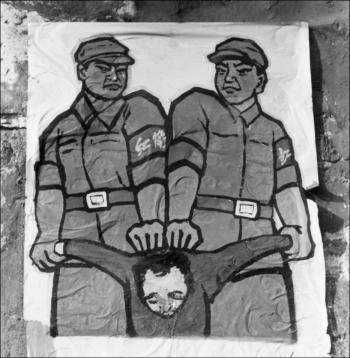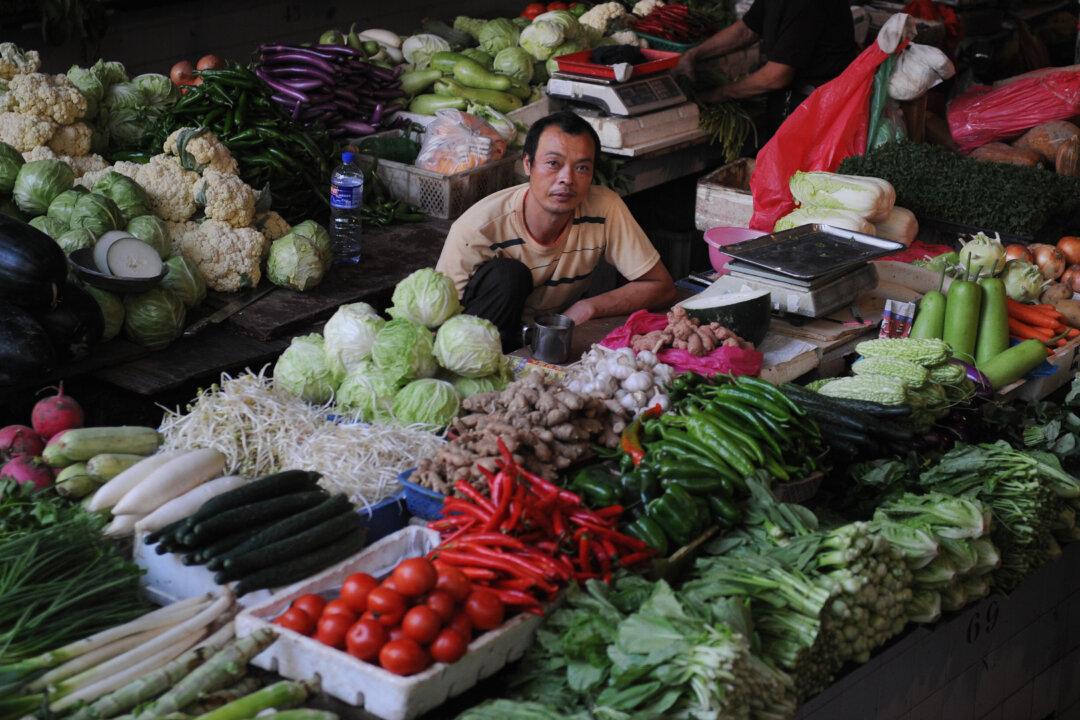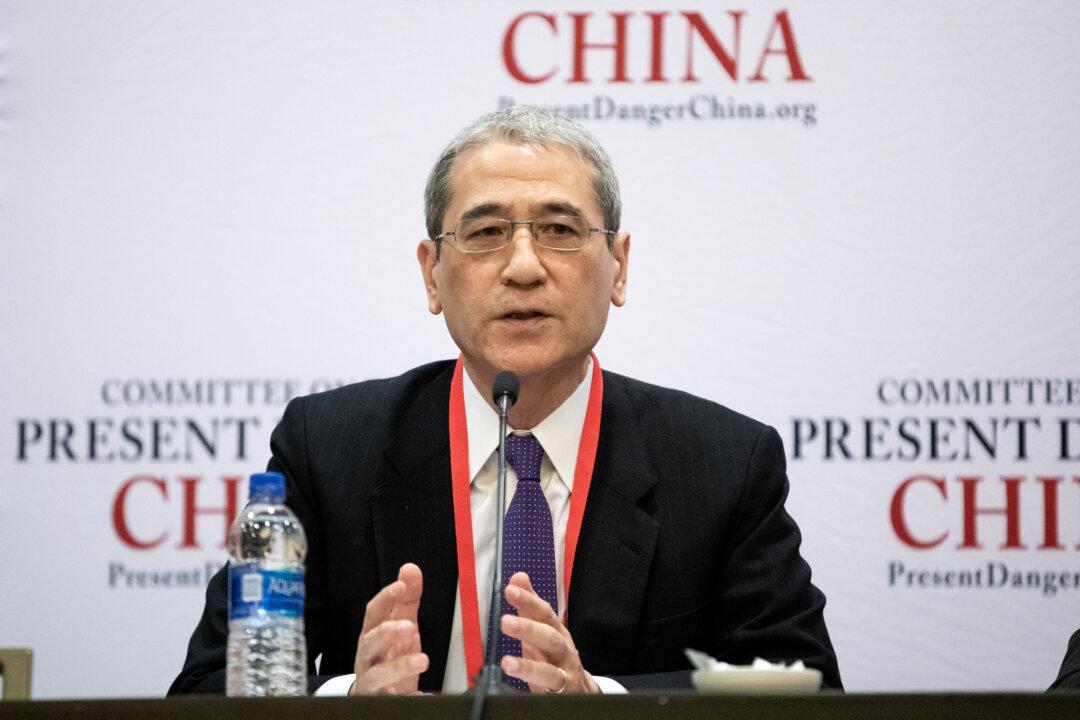In over a decade of unnerving food scandals, the Chinese people have seen almost every form of poisonous or fake product, from rice contaminated with cadmium to restaurant dishes drenched in sewer oil to salmonella-tainted tilapia fish.
An annual China Youth Daily survey in March found that out of various “quality of life” issues, the public worried most about food safety. From a list of problems like housing or the environment, 77.3 percent of the respondents identified food safety as their greatest concern.
So who is to blame for this burgeoning affliction plaguing Chinese society?
The obvious answer would be the unethical farmers, manufacturers, and food processors looking for a quick profit. But the crux of the problem goes much deeper. Over the past sixty years, the Chinese Communist Party (CCP) has tyrannized the Chinese people and warped traditional values, replacing ethics with corruption, deceit, and self-serving materialism. With its disastrous policies, the CCP created a breeding ground for immoral commercial practices and lax food safety standards.
1. The CCP eliminated moral responsibility
The communists took over China based on an ideology of class struggle and violent revolution to establish a “dictatorship of the proletariat.” Traditional Confucian thought promoted moral values like benevolence, righteousness, propriety, faithfulness, and harmony, but the CCP obliterated these ideas with fiery, revolutionary rhetoric.






